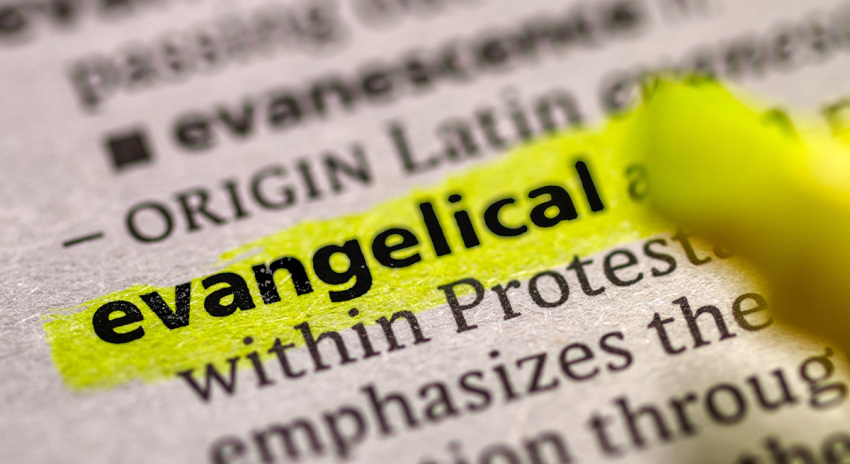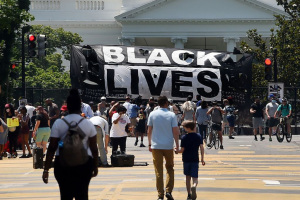More Americans negatively view Evangelicals than other religious groups: study

When it comes to Jews, mainline Protestants and Catholics, Americans tend to view those groups more favorably than atheists, Muslims and Mormons, according to a recent survey.
And as for Evangelicals? Well, researchers say it’s complicated.
A Pew Research Center study conducted in September 2022 found that while most Americans are neutral toward several religious groups, Evangelical Christians, on average, are viewed negatively by non-Evangelical Americans.
Researchers found that among those who did not identify as born-again or Evangelical Protestants, 32% said they viewed Evangelicals negatively, compared with 18% who view them positively — a percentage that makes Evangelicals among the most negatively rated religious groups by people who are not members of the group, Pew said.
This sentiment, according to researchers, is at least partially an outgrowth of the American political landscape, since Democrats who are not born-again or Evangelicals are far more likely than non-Evangelical Republicans to view Evangelicals negatively by a margin of 47% to 14%, respectively.
The study offered some context on the finding with the caveat that such outcomes are influenced at least in part by the size of the groups asked about; so the largest groups like Catholics and Evangelicals will get the most favorable ratings “since people tend to rate their own religious group positively,” according to researchers.
The same dynamic can’t be attributed to Jews, of whom 35% of Americans hold very or somewhat favorable views, compared with 6% unfavorable, the survey found.
“Jews make up such a small portion of the U.S. population — about 2% — that excluding their own views makes little difference in overall public opinion toward Jews,” researcher noted.
On the whole, Americans held more favorable than unfavorable views toward mainline Protestants and Catholics, while approximately a quarter of all Americans said they hold very or somewhat unfavorable views of Mormons, compared with 15% who said they held favorable views.
The study also found Americans who personally know an Evangelical Christian are more likely (24%) to view the group favorably than those who do not personally know an Evangelical (9%).
Interestingly, that same group who know an Evangelical is still slightly more likely (35%) to hold a negative view of Evangelicals than those who do not personally know an Evangelical (29%).
A similar dynamic also applied to Mormons: non-Mormons who know someone who is Mormon not only are more likely than those who don’t to express a favorable view toward Mormons (19% vs. 10%), but also are more likely to express an unfavorable view (31% vs. 22%).
Ryan Burge, a Baptist pastor and an assistant professor of political science at Eastern Illinois University, told The Christian Post the view toward Evangelicals is tied up largely in politics.
“I think for many it's the close link between Evangelicals and the Republican Party,” Burge said via email. “If a respondent was a Republican, they see Evangelicals as an ally. If they aren't then they see them as an enemy.”
Burge also contrasted how the survey found Americans viewed Evangelicals with how they viewed Jews.
“This is probably a combination of two things,” he explained. “One is the guilt that still lingers from World War II and the Holocaust. That's a part of American history that is taught consistently. Most Americans have internalized that and this results in feeling more warmly toward Jews.
“The other is probably a bit of social desirability bias. Folks don't want to express negative views about Jews because of the sensitivity toward antisemitism. There's not nearly as much social pressure to express positive views about Muslims or atheists or Evangelicals.”
The study, which was conducted by Pew Research as part of a broader effort to study tolerance, diversity and pluralism in American society, surveyed 10,588 U.S. adults from Sept. 13-18, 2022, through national random sampling of residential addresses.
The survey is weighted to be representative of the U.S. adult population by gender, race, ethnicity, partisan affiliation, education, religious affiliation and other categories, according to Pew.
Ian M. Giatti is a reporter for The Christian Post. He can be reached at: ian.giatti@christianpost.com.



























